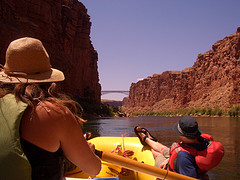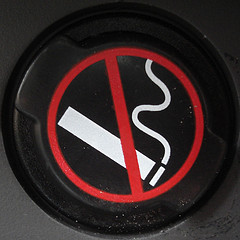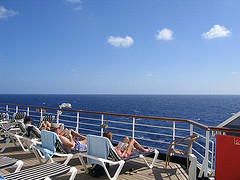 The trip of a lifetime – everyone has one in the back of their minds and most everyone with means regularly sets aside a little cash to save for it. These are the trips that take months or years to plan and/or coordinate. These are the trips that may be so exclusive only a few people every year have access to them.
The trip of a lifetime – everyone has one in the back of their minds and most everyone with means regularly sets aside a little cash to save for it. These are the trips that take months or years to plan and/or coordinate. These are the trips that may be so exclusive only a few people every year have access to them.
These are the trips where Trip Cancellation coverage is a must.
For example, the Grand Canyon rafting outfitters commonly recommend trip cancellation insurance. Why? In this case, it’s because of a few facts:
- There are a limited number of authorized rafting companies allowed in the Grand Canyon.
- The National Park Service places limits on the total number of trips down the canyon every year – for safety and to protect the natural environment and our national treasure.
- Rafting trips through the Grand Canyon fill up years in advance.
- The average deposit is $400 per person and the balance can run into the thousands. Most payments are due 90 days prior to the trip and there are no refunds if you cancel within a certain time-frame (although you may get 30% back if your seat is later sold to someone else). Ouch!
- There’s only one Grand Canyon.
Combine the limitations above with a little ‘stuff happens’ and you could be facing a situation where you’ve spent years planning and paying for a trip-of-a-lifetime only to see it vanish into thin air. Check out the Travel Insurance Coverage Guide for a better understanding of how Trip Cancellation coverage works.









